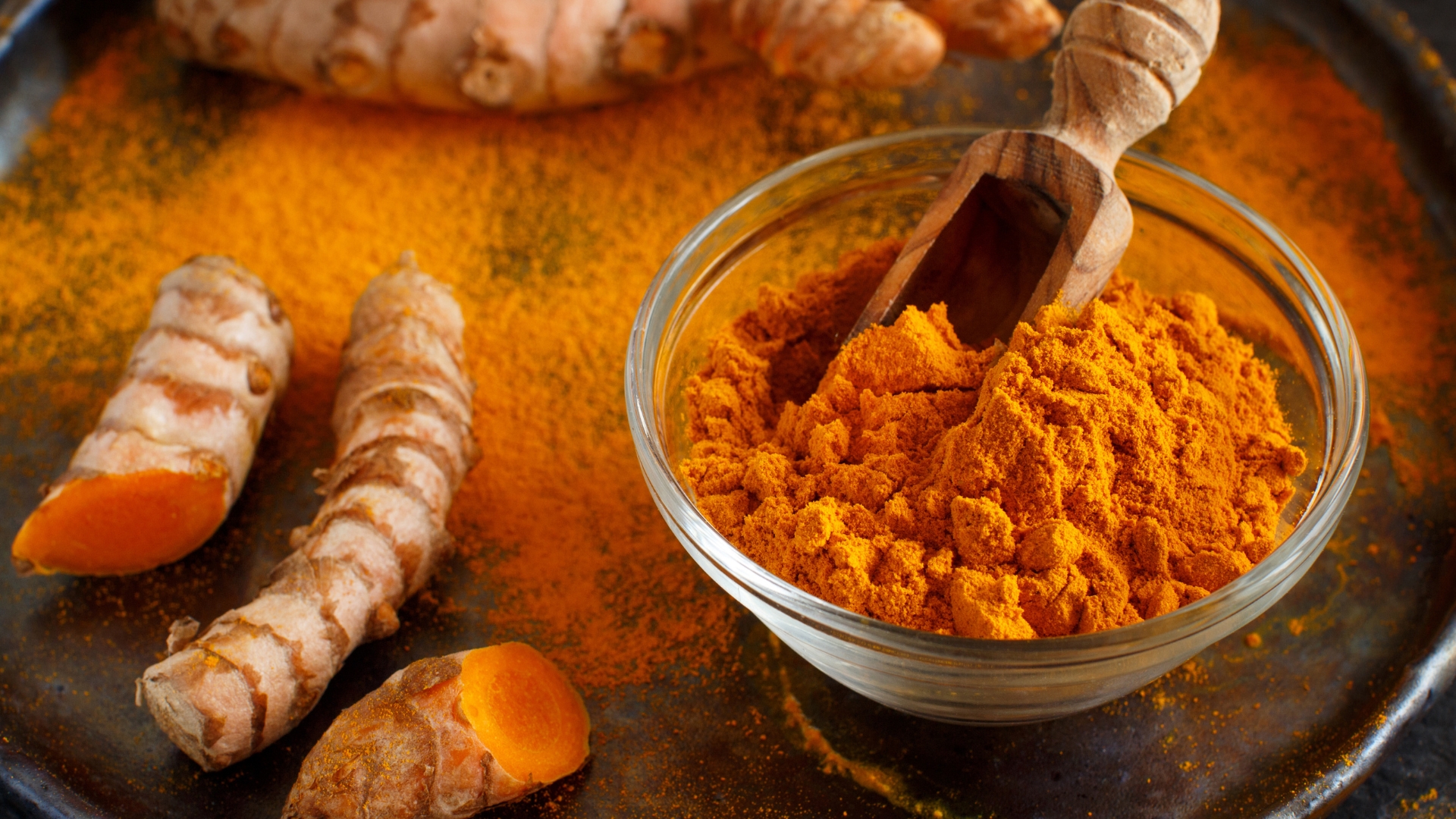
When we hear the word turmeric, the first thing that comes to mind is its vibrant golden color and its use as a spice in Indian kitchens. Known as “Haldi” in Hindi, turmeric is celebrated worldwide for its anti-inflammatory, antioxidant, and healing properties. It’s the star ingredient in golden milk, skincare DIYs, and countless health supplements.
But there’s another side of turmeric that’s rarely discussed—its less-known benefits, surprising effects, and things you should actually be cautious about. Let’s explore what nobody talks about when it comes to turmeric, but they really should.
Table of Contents
Turmeric and Gut Health: A Double-Edged Sword
Turmeric is often praised for aiding digestion, but in higher doses, it can sometimes cause bloating, acid reflux, or stomach upset. People with sensitive digestive systems or gallbladder issues should be careful about excessive consumption.
Takeaway: Moderate use can soothe digestion, but overuse may irritate the stomach.
Turmeric’s Role in Mental Well-Being
Few people know that turmeric, particularly its active compound curcumin, is being studied for its effects on mental health. Research suggests it may help reduce symptoms of depression and anxiety by balancing neurotransmitters.
Takeaway: Turmeric is not just a body-healing spice—it could also be a brain booster.
It May Thin Your Blood
Turmeric naturally has blood-thinning properties. While this helps prevent clots and improves circulation, it can be risky for people who are already on blood-thinning medications or scheduled for surgery.
Takeaway: Always consult a doctor if you take blood-thinning medicine before adding turmeric supplements.
Boosts Liver Health—but Can Stress It Too
Turmeric is often touted for detoxifying the liver, but high doses of curcumin might actually put stress on the liver in some cases. This is why balance and dosage are key.
Takeaway: Small amounts support liver health, but too much may overload it.
The Skincare Myth Everyone Believes
Many people apply turmeric face packs for glowing skin, but few know that raw turmeric can leave long-lasting stains and may even trigger allergic reactions for sensitive skin.
Takeaway: Patch-test before using turmeric on your skin.
Turmeric Works Best with Black Pepper
Here’s something most people don’t realize—turmeric on its own is not easily absorbed by the body. Pairing it with black pepper (piperine) boosts absorption by up to 2000%!
Takeaway: Always add a pinch of black pepper when consuming turmeric for maximum benefit.
More Doesn’t Mean Better
A lot of people assume taking more turmeric means more benefits. In reality, moderation is key. Overuse can lead to nausea, dizziness, or even kidney stones due to its oxalate content.
Takeaway: Turmeric is powerful, but it’s not meant to be consumed in excess.
Turmeric is often called the “golden herb” of Ayurveda—and rightly so. Its healing, anti-inflammatory, and antioxidant properties make it a powerful superfood. But like all natural remedies, it has its hidden sides that deserve attention.
Understanding turmeric’s lesser-known effects—from gut health to blood circulation—helps you use it wisely. Instead of overloading your body with turmeric supplements, enjoy it in balanced amounts with your meals, paired with black pepper, and as part of a healthy lifestyle.
👉 Nobody talks about these sides of turmeric—but now you know!


